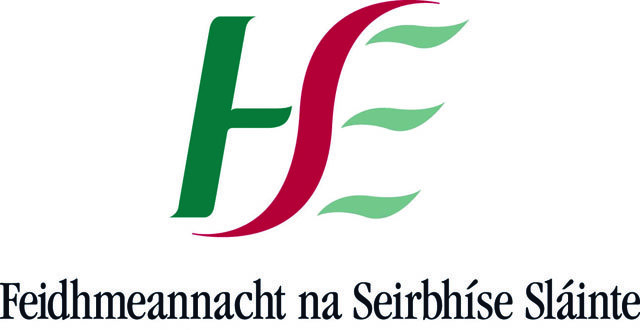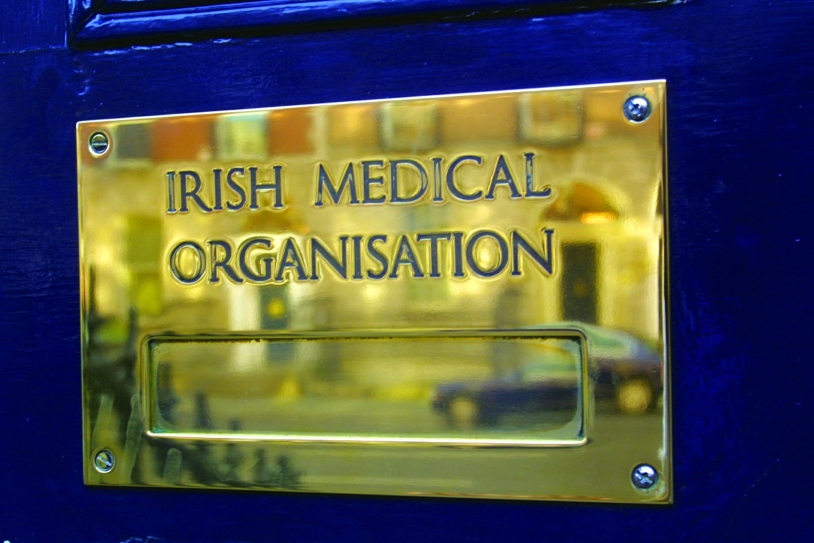Immediate decanting of hospitals “to the greatest extent possible” was among the HSE’s highest priorities in response to Covid-19, according to presentations by CEO Mr Paul Reid to its board on 9 and 12 March last.
Meeting minutes show the HSE’s highest priorities included containing Covid-19 and preventing community transmission “for as long as possible” in order to maximise time for preparation and mitigate the effects of the virus on the population.
The next listed priority was “immediate decanting of hospitals to the greatest extent possible – Delayed Transfers of Care”.
Also included was developing and scaling community services-based responses; increasing acute, critical care and ambulance capacity; protecting vulnerable people; and building and galvanising community awareness and preventative.
The board reviewed the HSE actions already initiated to maximise its available capacity for the period ahead, according to minutes. These actions included expansion of ICU beds, transfer of patients from hospital to “appropriate settings”, expansion of the workforce through “avoidance of leave, acceleration of recruitment and return to work for key workers who have retired”.
The HSE board meetings took place in March, at a point when the Irish hospital system feared being overwhelmed by cases of Covid-19, as had occurred in Italy.
However, while the impact on the acute system was not as severe as feared, controversy has surrounded the high number of deaths associated with Covid-19 outbreaks in nursing homes. Up to the end of May, some 904 deaths have been linked to outbreaks in nursing homes.
In particular, questions have surrounded whether hospital patients discharged to nursing homes were tested for Covid-19.
This afternoon Sinn Fein spokesperson on Health, Deputy Louise O’Reilly, said “the refusal” of the HSE and the Department of Health to clarify whether Covid-19 testing was carried out before patients were transferred to nursing homes “is insulting to anyone who has lost a loved one in a nursing home”.
Speaking after today’s Oireachtas Covid-19 Committee sitting, Deputy O’Reilly said: “On a number of occasions now, I have tried to ascertain clarity from the HSE, the Department of Health and the Minister for Health as to whether testing was carried out on the hundreds of hospital patients who were transferred to nursing homes during the Covid-19 crisis.
“In March alone, 819 patients were transferred under the Nursing Home Support Scheme. That was more than double the number transferred in February.
“The refusal of the HSE and the Department of Health to clarity if Covid-19 testing was carried out before patients were transferred is insulting to anyone who has lost a loved one in a nursing home.
“It is also hindering the ability of the Oireachtas Covid-19 Committee to get to the truth of how our nursing homes became so badly affected and how they became such a source of clusters of the virus.
“It is clear from the discussion today that the HSE and Department of Health had a plan to use nursing homes but had no plan on how to protect them. That is why it appears that patients were transferred out from hospitals without being tested.
“The nursing home sector was completely failed in the early days of the Covid-19 crisis. They were left without a plan for the whole month of March. They were an afterthought to acute care, evidenced by the fact that patients were transferred from hospitals to nursing homes without being tested.”
Earlier, the HSE CEO told the Oireachtas Committee the HSE did not have the opportunity of a “dress rehearsal” to plan for and manage the crisis.
“Covid-19 is a novel virus,” said Mr Reid. “Information is constantly evolving on how it is transmitted and how it presents in different age groups and how it can be present in people without symptoms. As with any disease decisions are made at a point in time based on the available evidence and knowledge.
“We were receiving international advice and learnings from other countries simultaneously with our own experience of its spread across our population, and this knowledge was changing on an ongoing basis throughout.
“This committee has enquired in relation to the learning from the events of the last six months so as to inform how we, as a nation, are prepared to address further outbreaks of this or other diseases.
“I have addressed this in my submission and it is clear that there is a requirement for very significant changes in relation to the models of care that are used in this country to care for our most vulnerable older people. These changes require a concerted effort across policy makers, regulators, providers and clinical experts to achieve a safe and sustainable model of care into the future.”
Mr Reid said significant areas for development include assessing the overall governance arrangements for private nursing homes; further development of HSE support structures (Covid Response Teams); and funding model for long term care and alternatives to longterm care.













Leave a Reply
You must be logged in to post a comment.